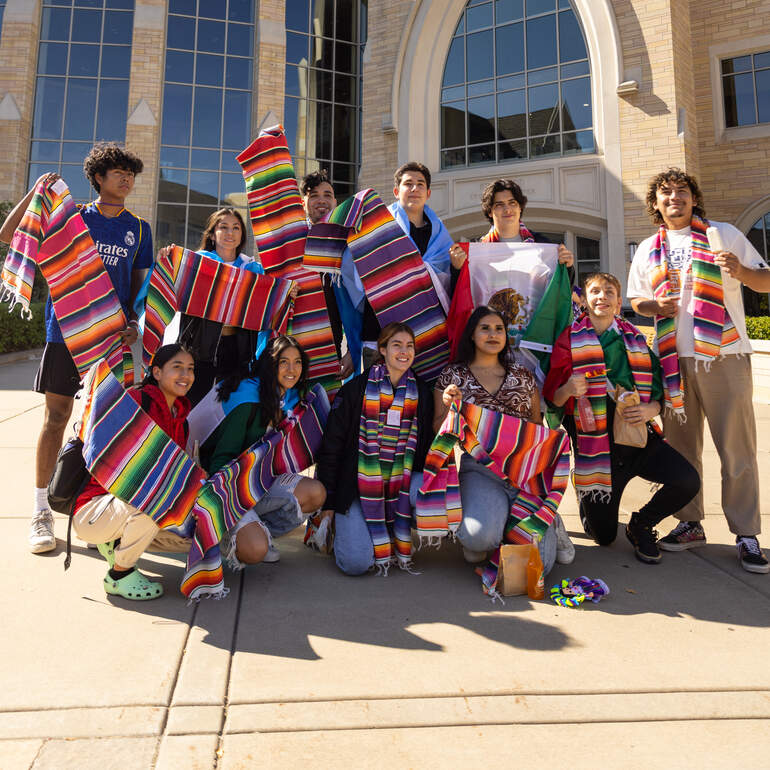
Writing Across the Curriculum
The ability to effectively communicate your ideas will help you succeed in any career. That’s why our professors give guidance and feedback to enhance your writing skills, regardless of your area of study. Overall, you’ll take four flagged writing concepts: two in writing-intensive, one writing to learn and one in writing within the discipline.


